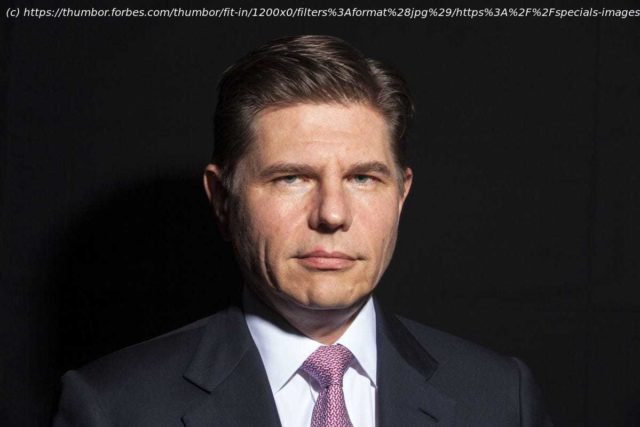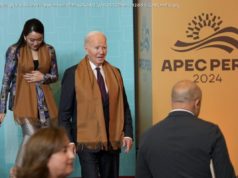HKEX has gained 42% in the past year
Many signs suggest there may be fewer China new lists at the New York Stock Exchange or the Nasdaq for the foreseeable future. China’s review of cybersecurity rules for overseas listings has hit DiDi Global, among others. The U.S. is temporarily holding up China listing approvals in connection with disclosure concerns. What’s a brave China investor to do? One option: buy shares in Hong Kong Exchanges & Clearing, or HKEX, which operates the Hong Kong Stock Exchange. Even before the recent crackdowns, Hong Kong had already been expected to benefit from a growing number of listings by mainland technology companies and secondary listings by Chinese companies whose shares trade as American Depositary Receipts, or ADRs, in New York or on the Nasdaq. Newer mainland regulatory rules may make the Hong Kong Stock Exchange more attractive, some analysts say. Underscoring its pull, the Financial Times reported today that ByteDance, the Beijing-headquartered owner of short-video app TikTok, “has addressed regulators’ data security concerns in (a) bid to list by early next year” and aims to trade in Hong Kong despite China’s tech crackdown. (See related post here.) “Overall, we believe the proposed revision of the rules (by Beijing) should benefit HKEX in the medium to long term,” China Galaxy International said in a research report dated July 11. J.P. Morgan (a HKEX shareholder), in a report dated July 14, said: “HKEX is a key capital-raising and trading venue, especially for large Chinese companies. The move of ADRs to HKEX and the shifting of primary listings should solidify HKEX’s position as an IPO venue, even without geopolitics.” J.P. Morgan has a HKEX price target of HK$570; China Galaxy’s target is HK$557.40. That compares with its close of HK$529.50 in Hong Kong on Friday. The stock has gained 42% in the past year. Stock trading in Hong Kong goes back to the mid-19th century; the first formal market – the Stockbrokers Association of Hong Kong – was set up in 1891. It merged with the Hong Kong Stockbrokers’ Association in 1947, and then with three others – the Far East Exchange in 1969, the Kam Nan Stock Exchange in 1971 and Kowloon Stock Exchange in 1980, creating the Stock Exchange of Hong Kong in 1980.






